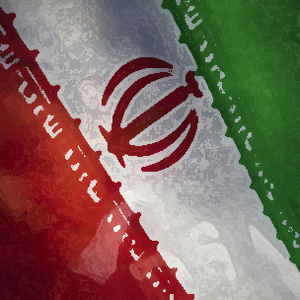The Week in Iran

Arab world issues received significant coverage in the Iranian media during the week. The fall of Saad Hariri’s cabinet, the Southern Sudan Referendum and Muqtada Sadr’s return to Iraq were reported and analyzed extensively by the Iranian media. Jomhouri-ye Eslami on the one hand, and Kayhan and Vatan-e Emrooz (and Resalat) on the other hand, showed particular interest in these stories, despite their deep differences on domestic issues (Jomhouri-ye Eslami is a supporter of Hashemi Rafsanjani and strong clerical presence in politics, and a critic of Ahmadinejad, while Kayhan and Vatan-e Emrooz are strongly opposed to Hashemi Rafsanjani.) Both sides, however, followed a classical Arab policy with roots in the ideology of the first decade of the Islamic Republic: fierce opposition to the so-called ‘moderate’, pro-Western regimes, and avid support for the Palestinian cause. Jomhouri-ye Eslami and Kayhan spoke of a ‘Western plot’ to separate Southern Sudan, and beside Vatan-e Emrooz, hailed the fall of Saad Hariri’s cabinet.
On Sunday, Iran’s Supreme Leader Ayatollah Ali Khamenei slammed the leaders of 2009 protests against the re-election of Mahmoud Ahmadinejad, calling the ‘heads of Fetneh’ “puppets” of foreign masterminds. “The enemy had made accurate design and calculations, those called Heads of Fetneh by the people were in fact puppets of the major masterminds and the enemy had pushed them to the front stage.” He added that Fetneh leaders committed a “sin” by not dispensing themselves with the enemy.
After months, Hassan Rowhani, former head of Iran’s National Security Council and chief nuclear negotiator during the presidency of Mohammad Khatami, broke his silence by counter-criticizing the head of the Guardian Council Ahmad Jannati (who had asserted that there is no need for Reformists’ participation in future elections.) Rowhani said that it is only the law that determines groups that are eligible to run in the elections, not individuals, and the Nezam welcomes the maximal presence of citizens and political parties at the ballots.
Bitter news for Iranians last week: another crash by a rusty Iranian passenger plane, this time not the accident-prone Tupolov, but a 37-year old Boeing 727. The flight crashed near the northwestern city of Urmia on Sunday night, due to bad weather conditions, leaving 80 citizens dead. This is, of course, not the first time Iranian airplanes –in deteriorating conditions due to US sanctions- have caused a catastrophe. What made the event more painful this time was the reaction by Hamid Behbahani, Minister of Transportation, who amid public resentment and sorrow claimed that Iran’s airplane casualties are still low on a global scale. His large posters –which expressed condolences on the incident- erected on the funeral path of the victims in Urmia also provoked the anger of mourners.

